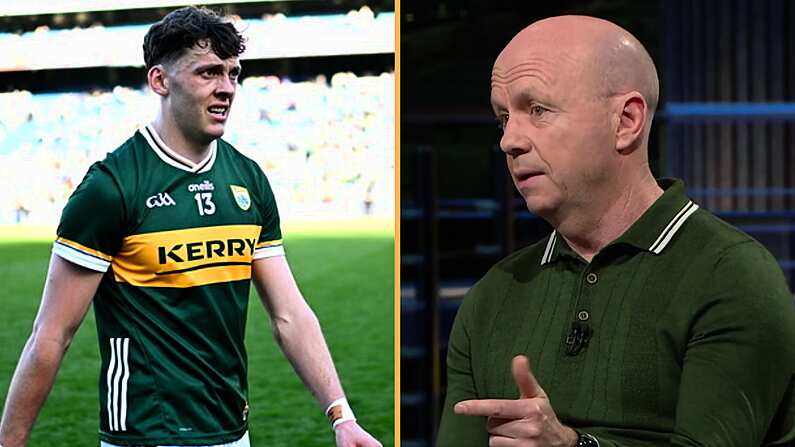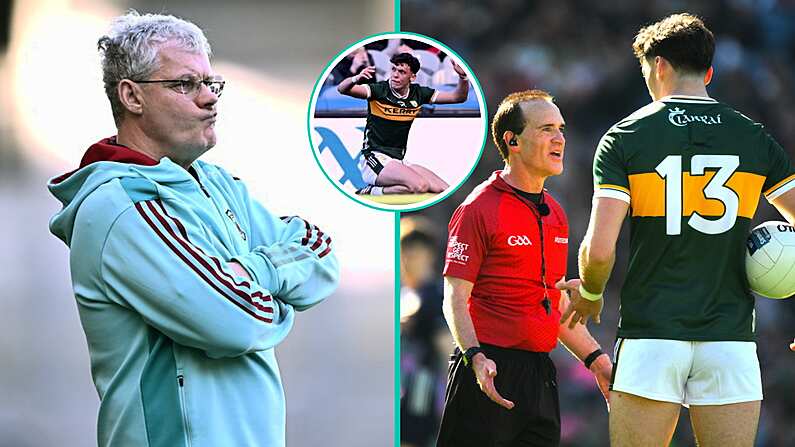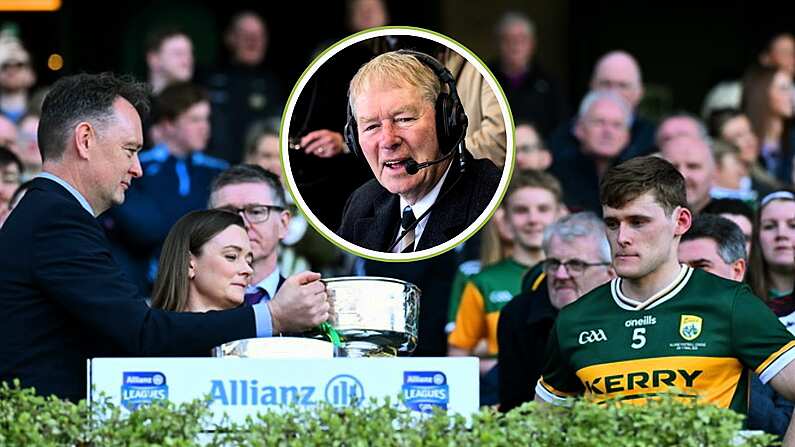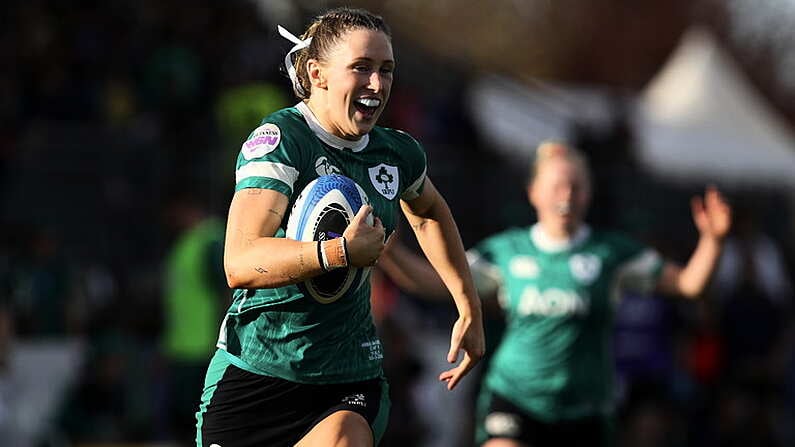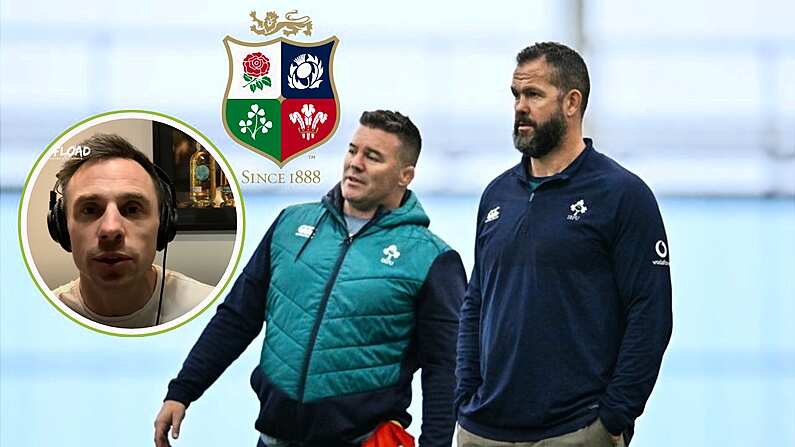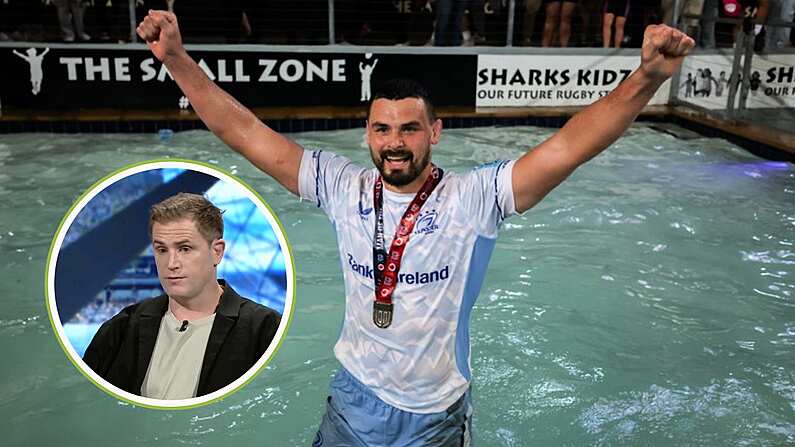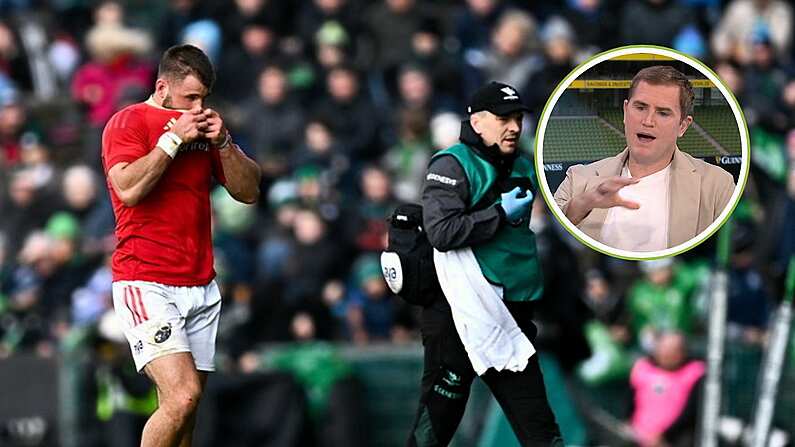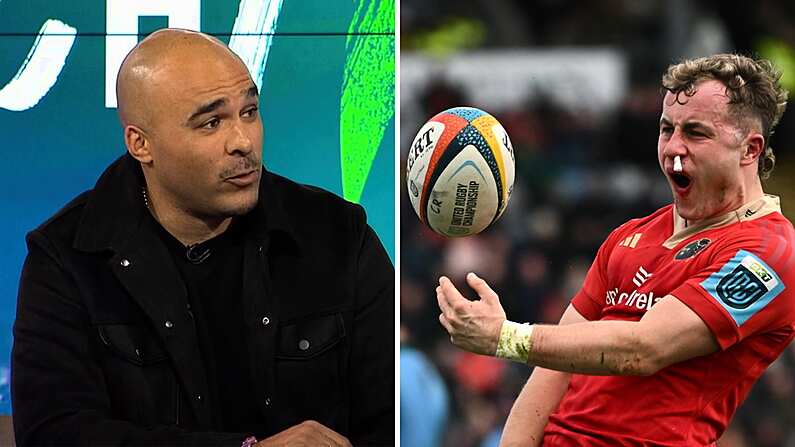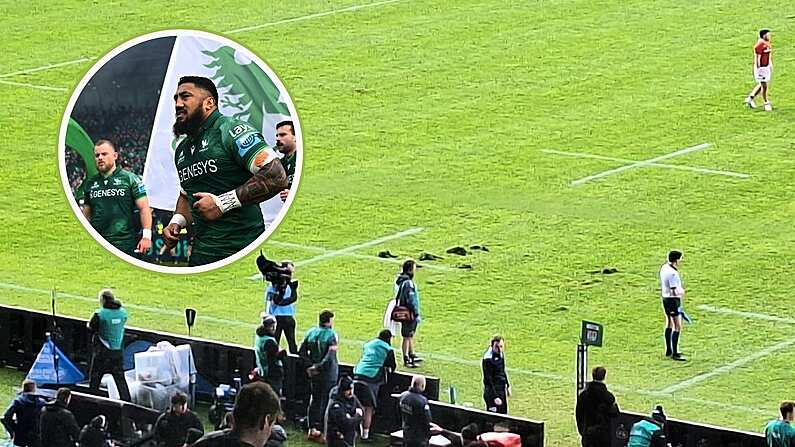In a different era, rugby may not have even had a place for coaches like Alan Kingsley. The Portlaoise man is quick to stress even he was ignorant of the role during his own playing days.
Across his varied career, Kingsley played in the AIL and in Australia. Then he transitioned to coaching, working with Leinster senior schools' sides and the provincial academy. Now he's in Wales with Pro14 side the Dragons as their official kicking and skills coach.
Kingsley came on board while Bernard Jackman was head coach and remained in place after he left.
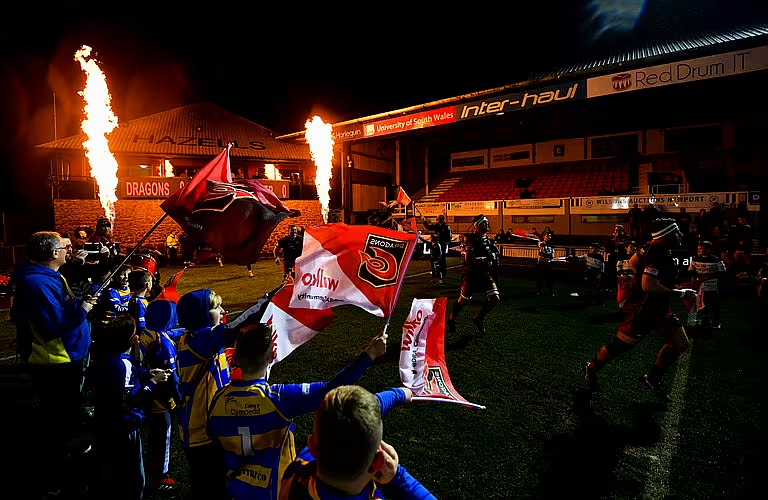
This Six Nations tournament has provided ample evidence of the importance good kicking has in the game, not only as an exit strategy. It's a trend that the Pro14 coach is extremely familiar with.
"It has become massive, that is part of the reason I got the job over here," Kingsley tells Balls.ie's rugby podcast, World in Union.
There wasn't a kicking specialist in the club before I came, the attacking kicking game is massive. England put it to really good use against Ireland. A lot of teams in the Pro14 are using the attacking short kicks as a weapon this year. It is trying to find a weakness in defence or manipulate the defence in certain areas of the field. It's something we are looking at heavily and getting some reward out of it.
Traditionally, kicking the predominate ball was the remit of half-backs. But the game has changed and now every back is benefiting from Kingsley's expertise.
"A lot of kicks are coming from edge players, 13, full-backs and wingers rather than nines and tens. Nines and tens are more contestable style, box-kicks or cross-field kicks.
"A lot of the kicking opportunities now are coming from the back three players and maybe your outside-centre. It is really important for us to get the ball to those channels and manipulate plays.
It's not only about execution but also perception: "It's trying to get the balance right between attacking and keeping the ball, then finding the right time to kick the ball as well."
One tactic often deployed by Ireland is box-kicking. It is something Conor Murry has mastered and Joe Schmidt has built strike plays around. A box-kick is an often maligned tool but the benefits are untold.
Whether it be to clear, to control or recover, the box-kick has its place and as far as Kingsley is concerned it's a crucial part of the modern game.
Some teams want to play in certain areas of the field, so the box-kick gives you a 50/50 chance or 60/40 chance of possession. Teams play for three or four phases in their own half and are not getting any momentum or not breaking down the defence, they will get it to an edge and start kicking it. Playing in the right areas of the field is massive in the modern game. A box-kick gives you a chance to get to the right area and also get the ball back.

An out-half with Young Munster and Garryowen, kicking was always in Kinglsey's wheelhouse but it was only after he accepted an invite to play with the Western Force in Australia that the idea of specialising in it began to materialise.
In Perth, David Pocock and Nick Cummins were amongst his team-mates. Alongside them was now Super Rugby coach Andrew Scotney. It was expertise that proved crucial.
This practice provided inspiration for his own post-rugby career.
"It started in Australia for me with the Western Force. I got to link up with Andrew Scotney who was kicking and skills coach with the Force. I didn't even realise there was an opportunity to box yourself off as a kicking coach. As a nine and a ten, it was a part of the game I really enjoyed. I'm really interested in that style of coaching, you work with players to improve technically and also the decision-making process."
His worldwide experience is proving enjoyable but Kingsley is no doubt where he one day wants to operate.
I think it is everyone's ambition to coach in their home country eventually, getting experience abroad might stand to us down the line. I can only speak for myself, I'm looking to get as much experience as possible in Wales, I'll see where it takes me after. Maybe France. Who knows? I'm open to anything at the moment.
Eventually, at the end of the day, there is no place like home. To coach in Ireland would be a goal for down the line.



